New Delhi : The Centre will prepare a list of comorbidities for children between 12 and 18 years who are now eligible for Covid-19 vaccination after the drug regulator approved Zydus Cadila’s vaccine last week for emergency use authorisation (EUA) among the Indian population, a top government official said.
Dr NK Arora, chairperson, Covid-19 working group of the National Technical Advisory Group on Immunization (NTAGI) told UNI that the government is working on the list and would soon finalize it.
“There discussions on how to introduce ZyCoV-D (Zydus’ Covid-19 jab) for children in the immunisation drive is underway. However, we plan to roll out the vaccine among the paediatric age with a priority group which includes those children between 12-18 who suffer from underlying health conditions like Cancer, Tuberculosis, cardiac issues, transplant patients, immunodeficiency disorders etc.” he explained.
Arora said that such children will make up to 3-4 million from the cohort of 14 crore individuals who fall into the 12-18 age group. “Their identification process has started,” he added.
The Zydus shot is the world’s first DNA-based vaccine against coronavirus disease (Covid-19) to be approved for use within a population.
The three-shot vaccine is also the first to be cleared for use in children aged 12 and above and is the sixth addition to India’s arsenal in the fight against the pandemic after locally produced Covishield, Bharat Biotech’s Covaxin, Russia’s Sputnik V, the US-made Moderna, and Johnsons and Johnson’s Janssen.
The vaccine has been found safe for use in children above the age of 12.
The makers of ZyCoV-D said last week that the firm expects to begin the supply of the shots by mid-to-end September and is aiming to increase production capacity by October.
Meanwhile, the company plans to scale up the production to manufacture 1 crore doses a month by October after it starts a new manufacturing plant, said managing director Dr Sharvil Patel.
The current production capacity at Zydus’ existing Ahmedabad plant wasn’t immediately known, but officials said they were readying a stockpile of three to five million doses for initial dispatch.
Given at 28 days apart each, ZyCoV-D is an intradermal vaccine, which is applied using a PharmaJet needle-free system. The needle-free injectors deliver the vaccine using a narrow stream of fluid that penetrates the skin and deliver the dose to the proper tissue depth.
The prescribed storage temperature is between 2 to 8 degrees centigrade but has shown good stability at temperatures of 25 degrees centigrade as well for at least three months.
The thermostability of the vaccine is supposed to help in easy transportation and storage of the vaccine and reduce any cold chain breakdown challenges leading to vaccine wastage.
However, the ZyCov-D is the least efficacious Covid-19 vaccine candidate approved in India so far.
Reacting to this, the NTAGI chief said he is not worried about the scenario.
“We have seen that in the real world scenario, all vaccines with varying degrees of efficacy works equally in preventing the recipients from getting the severe illness. From a public health perspective, this is the most crucial feature and ZyCoV-D promises that,” Arora added.
Bharat biotech’s Covid-19 shot, Covaxin, is next in the line for the government’s nod which is currently under trial for use among the 2 to 18-year-old population.
Countries like the US, France and Germany are already at various stages of providing vaccines for minors.
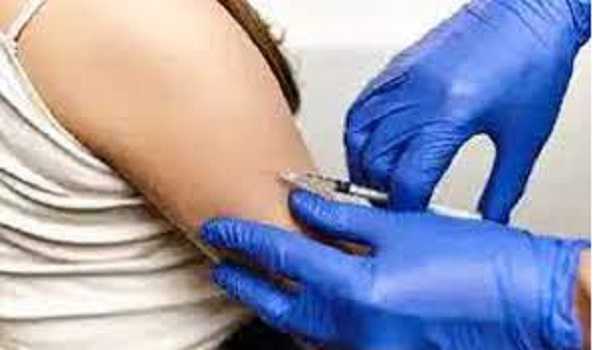






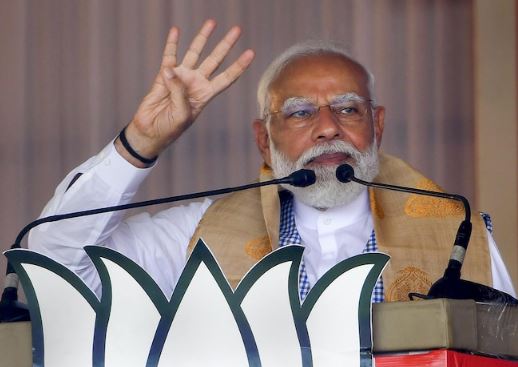
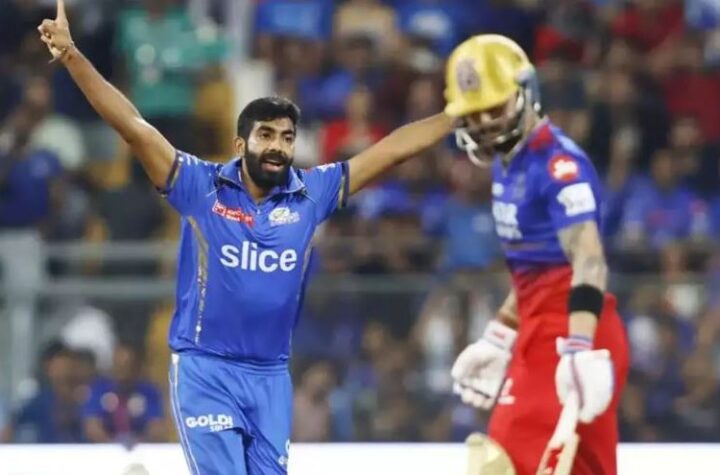
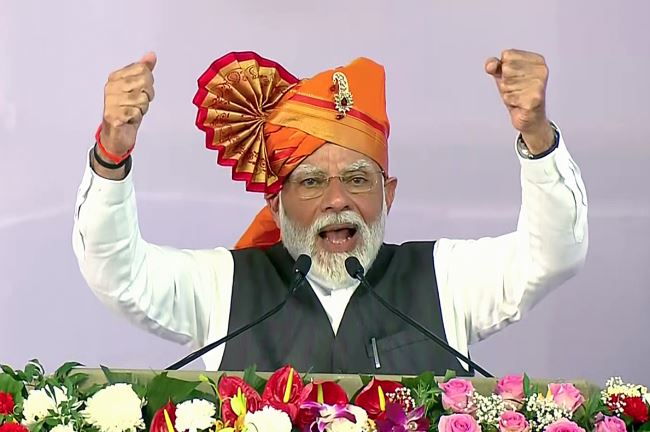
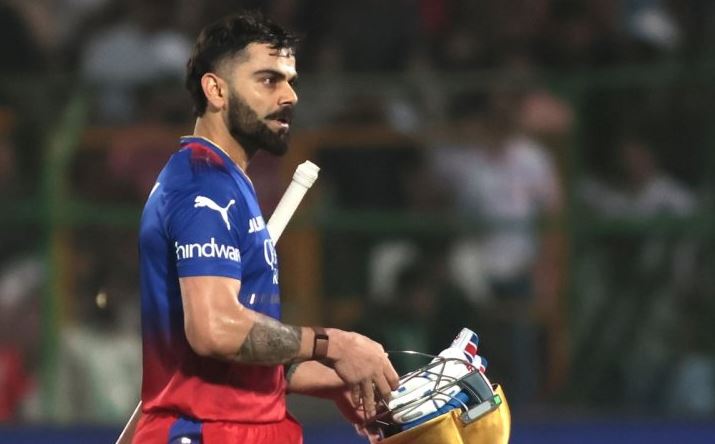
More Stories
Modi will come with hope in 2024: PM
IPL: For Bumrah every ball wicket-taking delivery
J&K to get statehood, assembly elections not far: PM